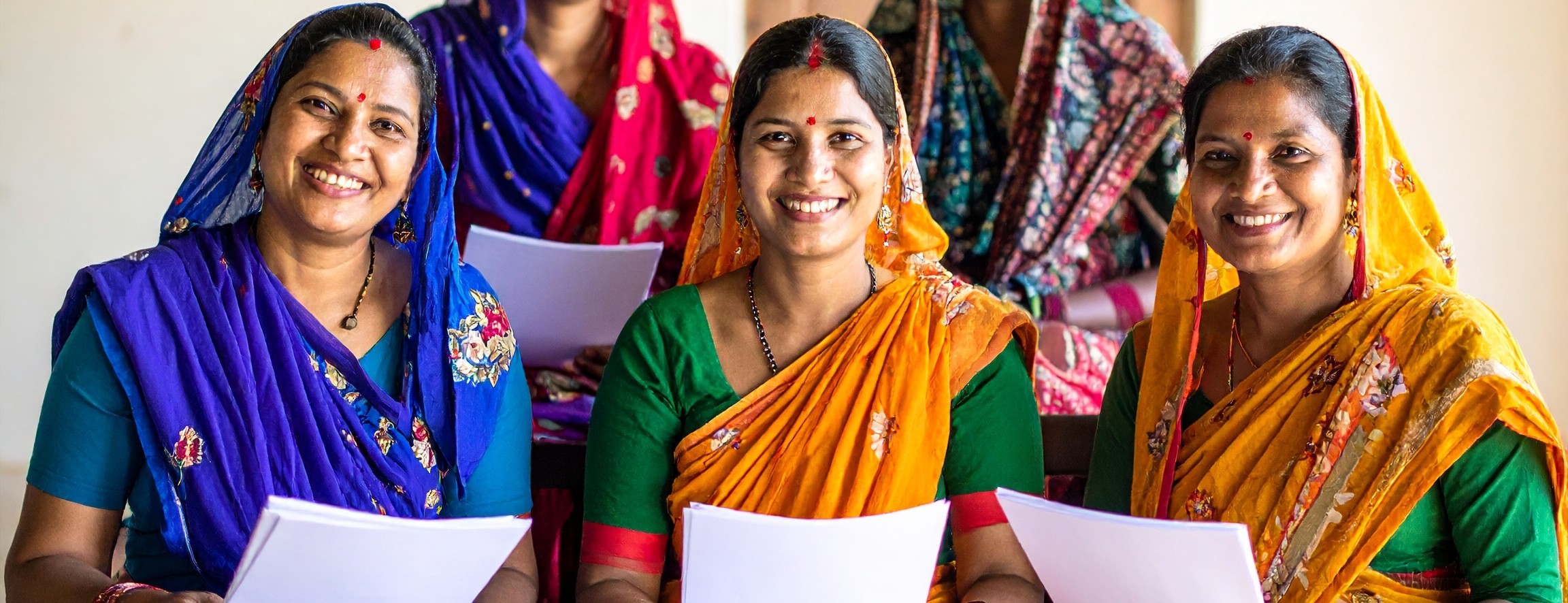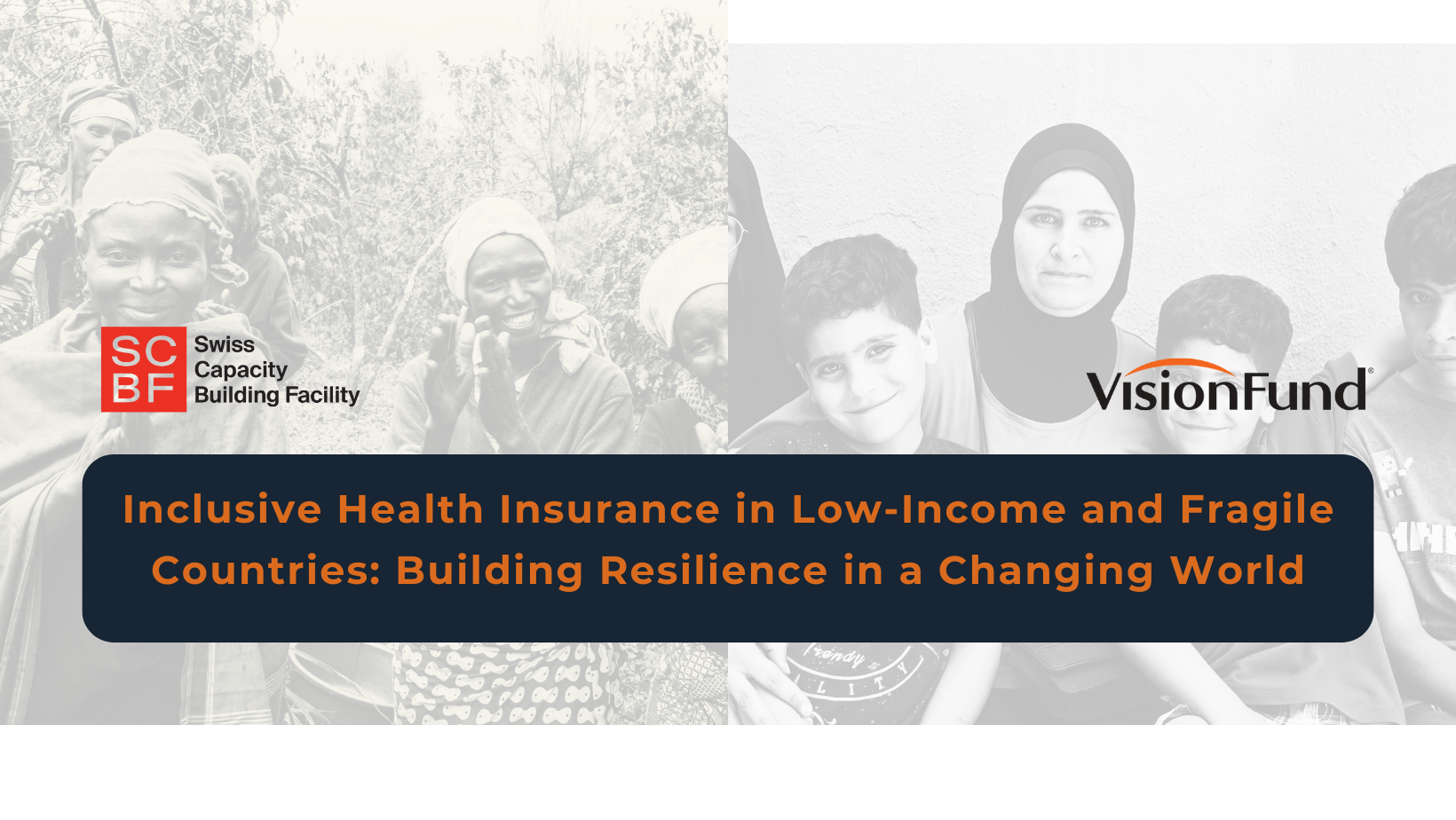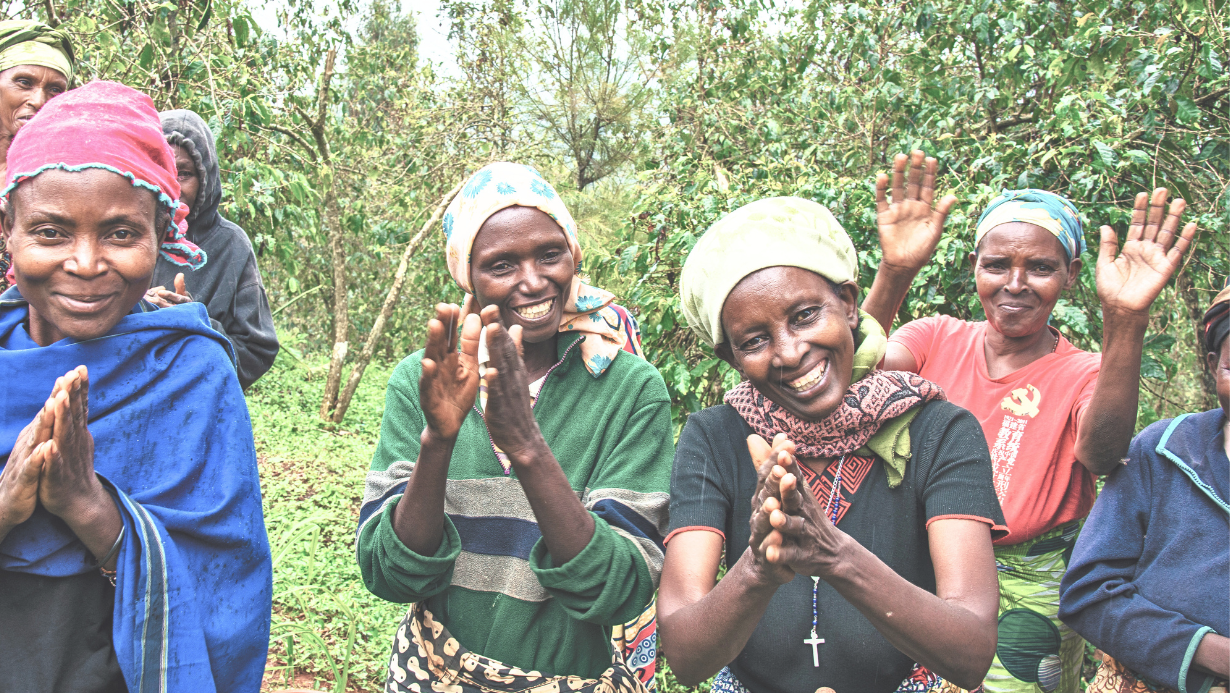COP28: Immediate action towards a sustainable future

At the COP28 climate summit in Dubai, governments must commit to stronger ambition and implementation in this critical decade to significantly cut emissions by 2030.
On 30th November 2023, member states, business leaders, climate scientists, indigenous people, journalists, and various other experts and stakeholders will attend COP28 summit in Dubai which will be the first-ever global stocktake[1] of the Paris Climate Change Agreement.
As per the latest carbon budget estimates from Climate Change Tracker, a scientific consortium tracking climate trends using IPCC methodologies warned that based on the current emissions trend, the world will burn through enough carbon to cause around 1.5°C of warming in a little over five years. To maintain a fair chance of staying below 1.5 °C of warming carbon emission level, carbon emissions need to be reduced by 8% each year between now and 2034. Interestingly, it’s the global pandemic and the measures following it helped to reduce carbon emissions by 7% in 2020. But the pathway to 1.5 °C has narrowed in the past couple of years and the window for meaningful change is closing.
Forecasts suggest that the frequency and cost of climate-related disasters will continue to rise.[2] By 2030, climate change could force over 130 million people into extreme poverty, contribute to a migration crisis, raise global healthcare costs by USD 2 – 4 billion per year, and reduce worldwide crop yields by 5%.[3] Deloitte estimates that climate change could cost the global economy USD 178 trillion between 2021 and 2070 (almost 2X today’s global GDP)[4]. The requirement of global clean energy spending will rise from USD 1.8 trillion in 2023 to USD 4.5 trillion annually by the early 2030s, thus, a significant increase in investment, especially in emerging and developing economies, is required to stay on track to meet the targeted net zero dates.
Limiting global warming to 1.5 °C remains possible by reducing greenhouse gas emissions from the world’s energy sector with the record growth of key clean energy technologies, but the momentum needs to increase rapidly in many areas. Most importantly, strong international cooperation is crucial including governments separating climate challenges from geopolitics according to a new edition of the IEA’s landmark Net Zero Roadmap. At the COP28 climate summit in Dubai, governments must commit to stronger ambition and implementation in the immediately following years.
Since inception in 2011, SCBF has leveraged its agility, expertise, funds, partners and network to provide 3.4 million people (64% of whom are women) with access to finance. Till date, it has co-funded around 45 projects under the climate resilience with amount totaling CHF 4.5 million. Over the years, SCBF has proven its effectiveness and recognises the potential of inclusive finance in helping address the sustainable development challenges, and the opportunities it presents to improving the success and sustainability of un(der)served communities especially women, smallholder farmers and MSMEs.
With its new strategy, SCBF is gearing up to take the next leap to expand and deepen its impact towards activities in three focus areas on the nexus between finance and agriculture, health, and housing. SCBF will incorporate climate as a cross-cutting priority, recognising that climate change poses an existential threat to our planet and our livelihoods without drastic action. Tailoring inclusive finance to the specific needs of MSMEs and low-income households is a critical step in facilitating participation by all stakeholders in a climate-friendly economy. This approach not only makes green technologies and adaptation solutions more affordable but also bolsters the demand and supply for both mitigation and adaptation solutions[5].
Over the years SCBF has been working with financial sector partners on initiatives that directly or indirectly have linkages to, and repercussions from, the extreme climatic events and have been able to contribute towards making communities more climate resilient.
Read about some of the interesting climate-focused interventions fostering mitigation and adaptation outcomes across diverse geographies.
- Technology enhanced savings and green loans development and financial education for rural clients in Bolivia
- Up-scaling of micro loans for solar home systems and solar powered productive use appliances in Zambia
- Scale-up of weather index insurance for coffee farmers in Colombia
- Index Insurance for smallholder farmers in Mali
- Customized loans for solar-powered water pumps to smallholder farmers in Tanzania
- Multistakeholder macro resilience building scale-up program for smallholder farmers in Zambia
- Feasibility assessment and piloting of Index-Based Flood Insurance in Western Nepal
- Increasing resilience of livestock farmers to climatic shocks by developing a climate insurance that is accessible and affordable for pastoralists in Senegal
[1] The global stocktake is a process for countries and stakeholders to track the progress they are collectively making towards meeting the goals of the Paris Climate Change Agreement – and where they’re not.
[2] UN, ‘Tipping point’ for climate action: Time’s running out to avoid catastrophic heating, 2021
[3] WHO, Climate change and health, 2021; World Bank, Rapid climate-informed development needed, 2015; World Bank, Revised estimates of the impact of climate change on extreme poverty, 2020
[4] Deloitte, The turning point, 2022
[5] CGAP, Financial Inclusion: An Entry Point to Climate Adaptation for Funders, 2023; LSE Business Review, Inclusive green finance: What a new agenda could look like, 2023
Cover picture courtesy: Andrew Coelho, Unsplash























































.png)











































